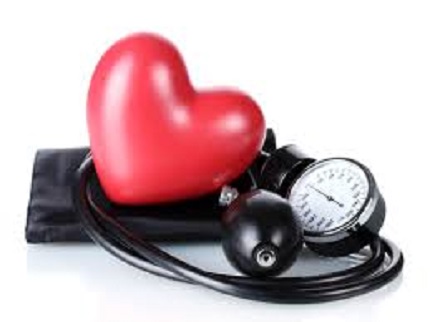Taking medicines to lower blood pressure and cholesterol failed to prevent cognitive and functional declines in older adults with moderate risk of heart disease, according to results of a clinical trial presented.
The study was an offshoot of a more than 12,000-patient trial called Hope-3 released earlier this year. Patients in the study with hypertension and moderate risk of heart disease slashed their long-term risk of heart attack and stroke by 40 percent by taking a blood pressure medication as well as a cholesterol-lowering statin.
Under the theory that what is good for the heart is also good for the brain, researchers conducted a series of tests in Hope-3 patients aged 70 and older, who are considered at highest risk for cognitive decline. In all, 1,626 completed the study after being followed for 5.6 years on average.
Subjects received a blood pressure medicine, AstraZeneca’s Crestor cholesterol fighter, or both, and all three groups were compared with a placebo.
To the dismay of researchers, cognitive declines in all three drug groups were virtually identical to those who received a placebo, and about what would be expected from normal aging.
Statins, which have been definitively shown to cut heart attack risk, are among the most widely prescribed medicines in the world. But some statin users have reported experiencing episodes of memory loss while taking the medication.
Patients undertook a series of tests at the start of the study and upon completion to assess cognitive and functional declines.
The main one, to assess changes in psycho motor processing speed, was a test in which patients were asked to substitute a digit that corresponds to a symbol in a certain order over two minutes.
Others tested executive function, such as doing banking or high-level planning, and the ability to conduct daily activities.
There was also a questionnaire for self-reporting functional or cognitive declines. On all measures, the declines were similar for the drug groups and placebo.
However, researchers saw a trend toward possible benefits from drug therapy in patients who had the highest blood pressure and LDL, or “bad,” cholesterol at the start, and in those who stayed on the medicines for at least six years.
H.Z

